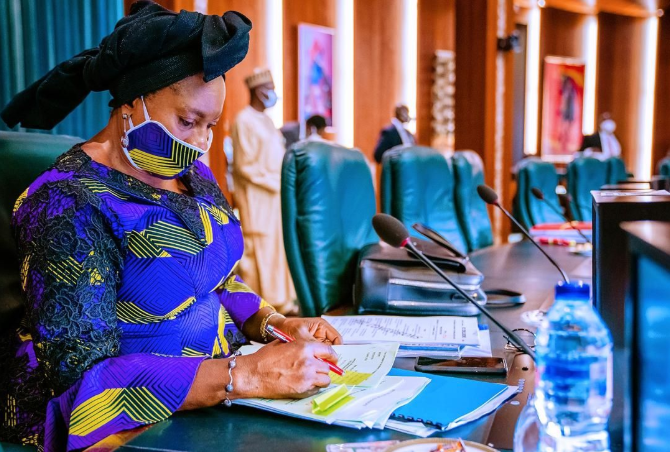This article explores how comprehensive teacher training and development can enhance educational quality in Nigeria. It examines curriculum refinement, innovative teaching methods, teacher qualifications, continuous professional development, classroom management, technology’s role in education, and community engagement. Ultimately, it highlights the importance of investing in teachers to improve education and drive national progress.
1) In Nigeria, enhancing the curriculum can transform teaching and learning. Integrating interdisciplinary approaches, real-world examples, and aligning with global trends ensures relevance. Incorporating digital literacy and cultural knowledge prepares students for the modern world and fosters cultural identity. Flexibility and personalized learning helps to diverse needs, making education dynamic and responsive to societal changes.
2) Teaching methods are strategies which educators use to facilitate learning. In Nigeria, diversifying these methods can boost student engagement and comprehension. Inquiry-based learning, like hands-on science experiments, promotes critical thinking. Collaborative learning, such as group discussions in history, enhances teamwork and communication. Experiential learning, like field trips, makes abstract concepts tangible. Using technology in education, like interactive apps and virtual reality, can engage students and develop digital skills.
3) Teacher qualifications in Nigeria are crucial for educational excellence, this comprises of their academic credentials, ongoing professional development, and personal qualities. This ensures educators are well-equipped to enhance student outcomes and adapt to evolving educational demands.

4) Continuous professional development (CPD) is crucial for teachers in Nigeria to stay competent and motivated. It includes workshops, conferences, mentorship, coaching programs, and online learning platforms. These initiatives enhance teachers’ skills, knowledge, and effectiveness, promoting student achievement and educational improvement.
5) Effective classroom management in Nigeria involves setting clear expectations, proactive lesson structuring, positive reinforcement, and conflict resolution to foster a conducive learning environment and maximize instructional time.
6) Utilizing tech in Nigerian education enhances teaching, learning, and global connectivity.
7) Community involvement in education is crucial in Nigeria for better student outcomes. Examples include parent engagement, partnerships with businesses and organizations, volunteer mentorship, and advocacy for educational equity. This collaboration fosters a supportive environment where all students can thrive, leading to a brighter future for Nigeria.




